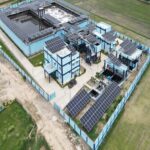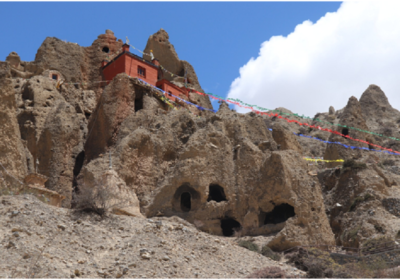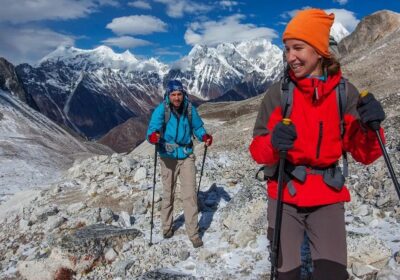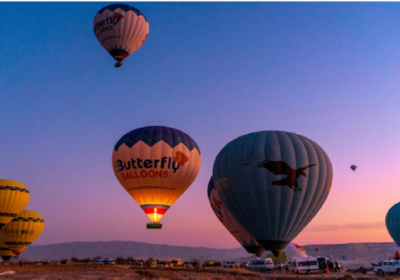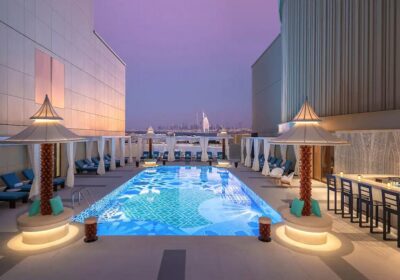
Mountains and Mindfulness: The Best Alpine Destinations to Restore Body and Mind
In a world that runs on notifications and noise, the mountains remain one of the few places that still move at a human pace. The Alps, stretching across northern Italy, offer not only scenery but a form of therapy — a landscape that demands attention, rewards patience, and encourages silence.
Increasingly, travellers are turning to the high altitudes not for sport alone, but for stillness. The concept of mindful travel — tuning into environment rather than escaping it — finds its perfect setting here. Below are Italy’s most inspiring Alpine destinations for those looking to regenerate both body and mind.
South Tyrol
South Tyrol, where Italian and Austrian cultures overlap, has become a reference point for mindful mountain living. The region’s design philosophy — minimalist, sustainable, and deeply tied to place — reflects an understanding of how environment shapes wellbeing.
In the valleys around Merano and Val Gardena, wellness retreats emphasize architecture that invites the landscape in: glass walls, untreated wood, and open spaces that blur the line between inside and out. Morning yoga sessions face the Dolomites; spa menus use local herbs and pine oils; dinners are light, quiet, and deliberate.
The air here feels different — cleaner, colder, and somehow more measured. It’s an ideal setting for travellers who want to disconnect without losing structure.
Cervinia
For decades, Cervinia was known primarily for its ski runs. But beyond the slopes, the village has evolved into a destination for year-round restoration. The views of the Matterhorn alone — sharp, constant, and monumental — can recalibrate your sense of scale.
New wellness-focused lodges and hotels have appeared alongside the traditional chalets, combining alpine materials with contemporary calm: stone fireplaces, neutral interiors, and long views that encourage pause rather than activity.
A stay in a luxury hotel in Cervinia reflects this balance perfectly. Properties now combine spa treatments, guided meditation, and mindful hiking programs designed for slow exploration rather than adrenaline. It’s a modern form of mountain therapy — no longer about conquering peaks but observing them.
Cervinia’s elevation also gives it a natural advantage: clean air and light that changes dramatically through the day, ideal conditions for reflection and sensory reset.
The Dolomites
The Dolomites have always drawn climbers and photographers, but they’re equally powerful as places for stillness. The landscape — all sharp limestone spires and wide valleys — creates a sense of scale that naturally quiets the mind.
Regions like Val di Fassa and Alta Badia are introducing new forms of slow mountain travel: forest bathing, silent trekking, guided breathing sessions at sunrise. The focus is less on performance and more on presence. Evenings here are simple — local food, early sleep, and skies bright enough to make you forget your phone.
Wellness hotels in the Dolomites increasingly adopt a low-impact ethos: renewable energy, locally sourced materials, and programmes built around seasonal rhythms. It’s not marketing — it’s part of the cultural fabric.
Valle d’Aosta
The Aosta Valley, Italy’s smallest region, offers something rarer than luxury: privacy. Small alpine towns like Cogne and La Thuile remain authentic mountain communities where daily life runs parallel to tourism, not because of it.
Here, mindfulness doesn’t come in a scheduled session — it’s in the sound of running water, the scent of wood smoke, and the long silence between villages. Guided walking routes along the ancient Roman roads encourage reflection in motion. Local refuges, often run by families, offer honest food and genuine hospitality, not performance.
For travellers seeking genuine disconnection — not digital detox marketed as novelty — the Aosta Valley is the real thing.
The modern Alpine journey is all about recalibrating the senses, trading stimulation for awareness, and finding meaning in quiet details, which prove that silence isn’t absence — it’s balance.

